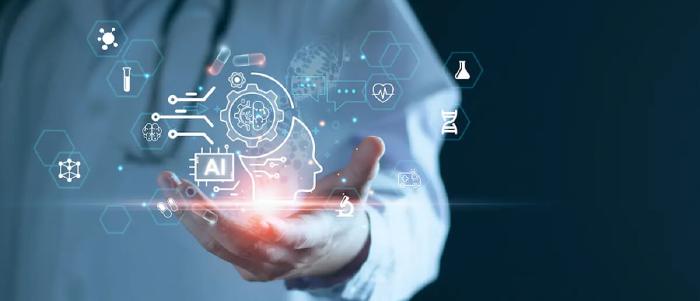
December 9 2023
8 min read
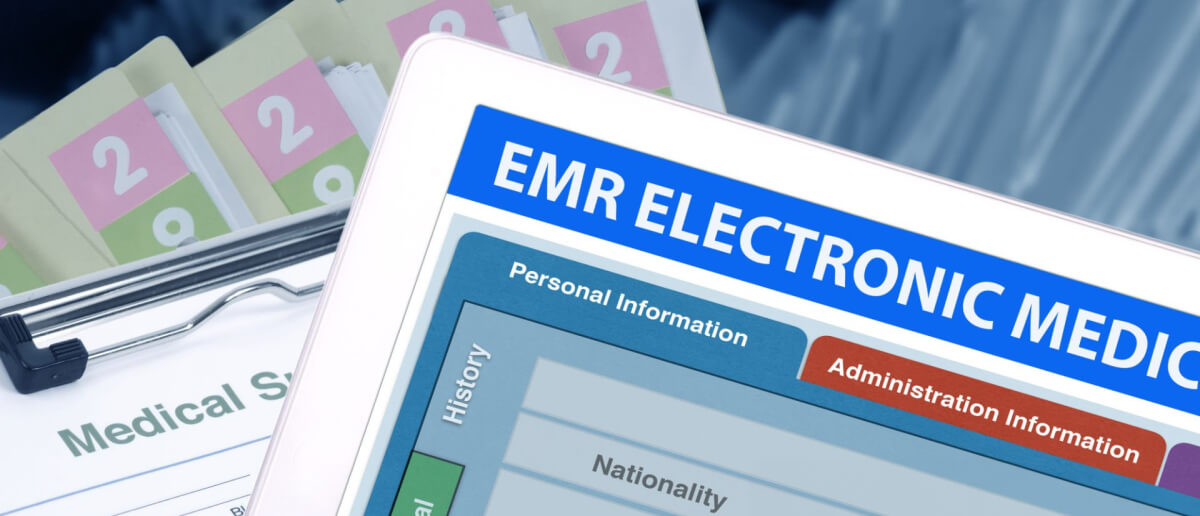
Oct
Not so long ago, doctors wrote down notes about your health on paper. These notes were kept in files, which were stored in big cabinets. This was how they kept track of what was happening with your health. But this old way had some problems. It took a lot of space to store all the papers, and only one person could look at a file at a time.
Now, we have something much better called electronic medical records, or EMRs for short. These are like the old paper files but on computers. They are easier to use and can do a lot more. Doctors can now type your health information into a computer, and it gets saved in a way that lets many doctors look at it whenever they need to, even at the same time.
EMRs help both doctors and patients. Doctors like them because they make it easier to keep track of your health information. They can quickly find what they need to help you better. For patients, EMRs mean you can understand and be part of what’s happening with your health. You can see your records too and talk about them with your doctor. This makes it easier for you and your doctor to work together to keep you healthy.

Electronic Medical Records (EMRs) are a game-changer because they let doctors look at your health information whenever they need to, no matter where they are. This means if you have to go to the hospital in the middle of the night, the doctors there can quickly pull up your records on their computers and see your medical history, allergies, and what medicines you take. This quick access helps them take better care of you.
EMRs are also great for when different doctors need to work together to take care of you. For example, if you have a heart problem and a skin problem, your heart doctor and skin doctor can both use the EMR to share information about your health. They can see what the other is doing and make sure their treatments work well together. This helps all your doctors be on the same page and gives you the best care possible.
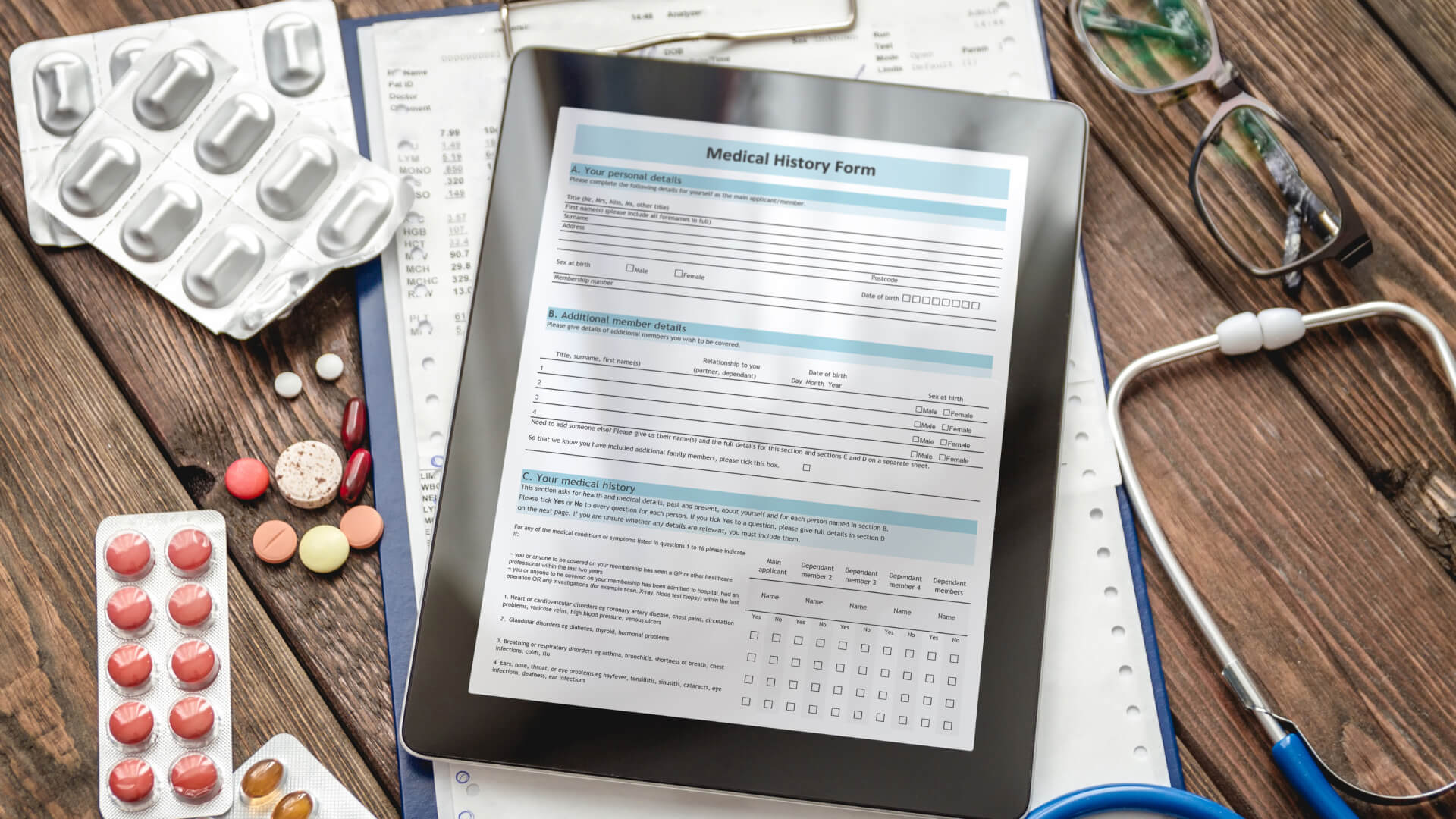
EMRs are packed with details about your past doctor visits, tests, and treatments. This means your doctor doesn’t miss anything important when making decisions about your health. They use this information to choose the best treatment for you. Also, if you’re allergic to any medicine or have had a bad reaction in the past, it’s all there in the EMR for your doctor to see.
EMRs help doctors in preventing sickness, not just treating it. They can spot health problems before they become serious. For example, if the EMR shows that your blood pressure is going up each time you visit, your doctor can talk to you about how to keep your heart healthy. By keeping an eye on these details, doctors can help you stay well and avoid bigger problems in the future.

With EMRs, doctors can say goodbye to most of the paperwork. They don’t have to fill out the same forms by hand over and over again. EMRs let them update your health information with just a few clicks. This means they spend less time writing and more time caring for patients. Also, because everything’s typed up, there’s less chance of someone misreading a doctor’s handwriting.
Mistakes in writing prescriptions can be dangerous. EMRs make this much less of a problem. They have checks in place to alert doctors if they try to prescribe a drug that could cause an allergic reaction or is not right for you based on your health history. And since the prescription is sent directly to the pharmacy from the EMR, there’s less chance of error. This keeps you safer and ensures you get the right medicine.

EMRs are not only built to keep your health information private, but they are also designed to comply with the Health Insurance Portability and Accountability Act (HIPAA). This law requires that your health data be kept confidential and secure.
EMRs use advanced security measures like passwords and encryption, ensuring that they meet HIPAA’s high standards for protecting patient privacy. Doctors and healthcare staff are trained to follow these rules, so your sensitive health details remain safe from unauthorized access.
Staying in line with HIPAA isn’t just about keeping your data safe; it’s also about making sure that there’s a clear record of who’s seen or changed your health information. EMRs are excellent at this because they log every access or edit made to your records.
This creates a trail that shows healthcare providers are being careful with your information. With EMRs, healthcare providers can stay on top of these legal requirements more easily, ensuring they’re doing right by their patients and the law.

EMRs represent a significant advancement not just in patient care, but also in the economics of running a medical practice. By switching to electronic records, healthcare facilities can reduce costs associated with paper files, such as printing, storage, and the manpower needed to manage mountains of documents. Additionally, EMRs can help reduce duplicate testing, saving money for both the practice and patients.
One of the less talked about but highly beneficial aspects of EMRs is their role in the billing process. Accurate coding is essential for practices to get paid for the services they provide. EMRs aid in this by suggesting the appropriate billing codes based on the diagnosis and procedures entered into the system.
This leads to accurate claims submissions and, consequently, maximizes reimbursements from insurance companies. The result is a healthier financial bottom line for healthcare practices and fewer billing-related headaches for patients.

EMRs open up new avenues for patients to understand their health conditions better. With access to their medical records, patients can read the doctor’s notes, test results, and treatment plans. This information empowers them to learn more about their health, ask informed questions, and feel more involved in their care decisions. When patients understand their health better, they are more likely to follow treatment plans and make healthy choices.
Doctors using EMRs can share information more efficiently with patients, paving the way for shared decision-making. This approach involves patients in their treatment options, making them active participants in their healthcare journey.
EMRs can display treatment benefits and risks in an understandable way, helping patients make choices that align with their values and preferences. This collaborative process can lead to greater patient satisfaction and better health outcomes.
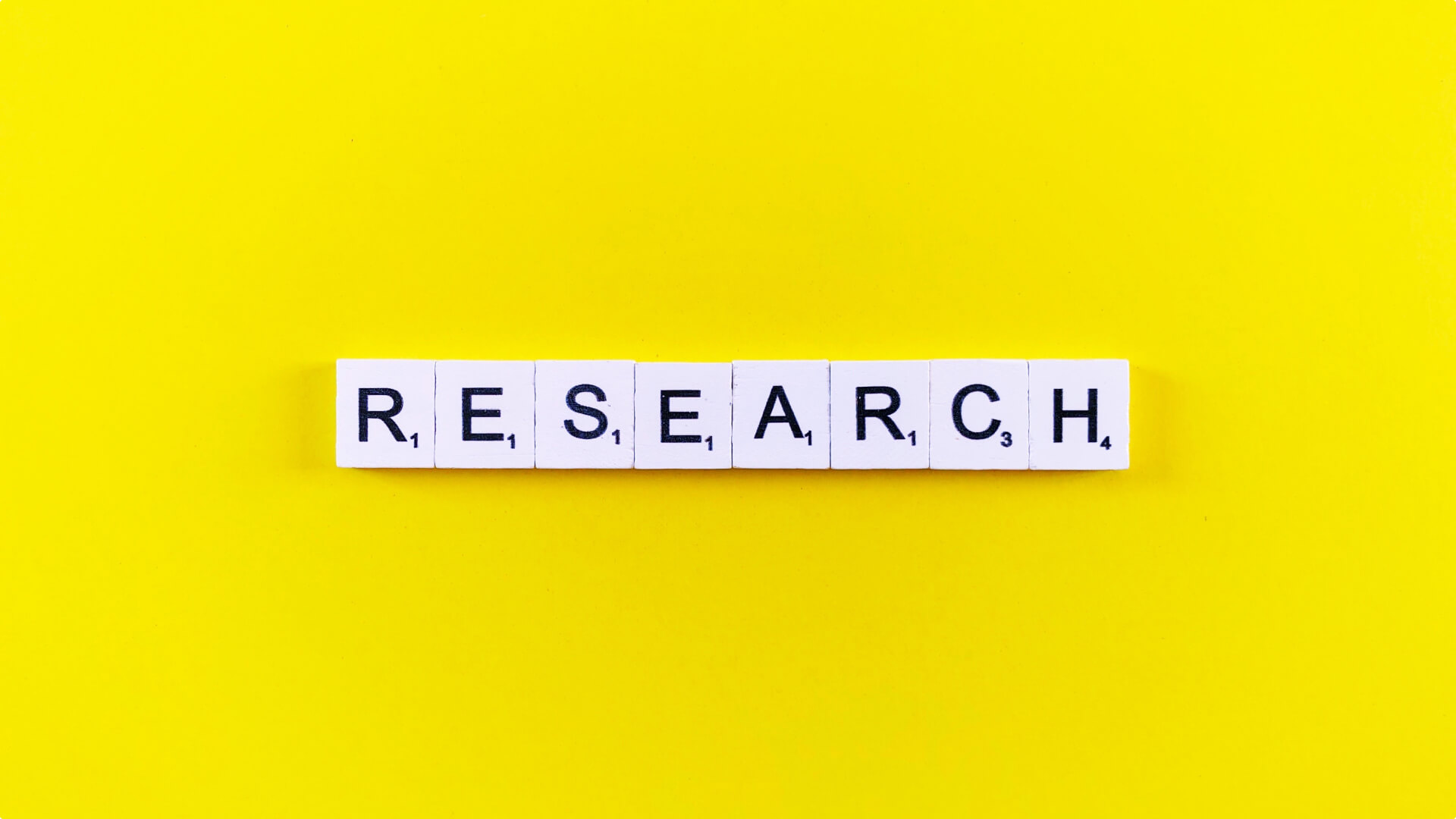
EMRs are incredibly effective for long-term monitoring of patient health. They allow doctors to easily track the progression of a patient’s condition over time, identifying trends and outcomes of treatments. This ongoing record can inform future care decisions, making it possible to tailor treatments more closely to the patient’s individual needs.
The wealth of data gathered in EMRs is a goldmine for clinical research. It enables large-scale analysis of health outcomes, which can lead to breakthroughs in understanding diseases and developing new treatments.
Researchers can use anonymous data from thousands of patients to spot health trends, measure treatment effectiveness, and even predict health crises before they happen. This not only propels medical advancements but also fine-tunes the standards of clinical practice for better healthcare tomorrow.

Electronic Medical Records (EMRs) have proven to be indispensable tools in the management of public health emergencies such as epidemics and pandemics. They provide real-time data that is crucial for a quick response, allowing health authorities to track the spread of a disease, identify hotspots, and allocate resources where they are needed most.
EMRs can facilitate timely interventions and help in the coordination of care across different healthcare facilities, which is vital during a large-scale health crisis.
EMRs offer a vast pool of data that can be analyzed to bolster public health surveillance and planning efforts. They allow for the monitoring of health trends and the effectiveness of public health interventions. This data-driven approach helps in forecasting future outbreaks and preparing the healthcare system for upcoming challenges.
The analytics derived from EMRs can assist policymakers in making informed decisions about vaccine distribution, public health messaging, and other preventive strategies to protect communities and manage healthcare resources efficiently.
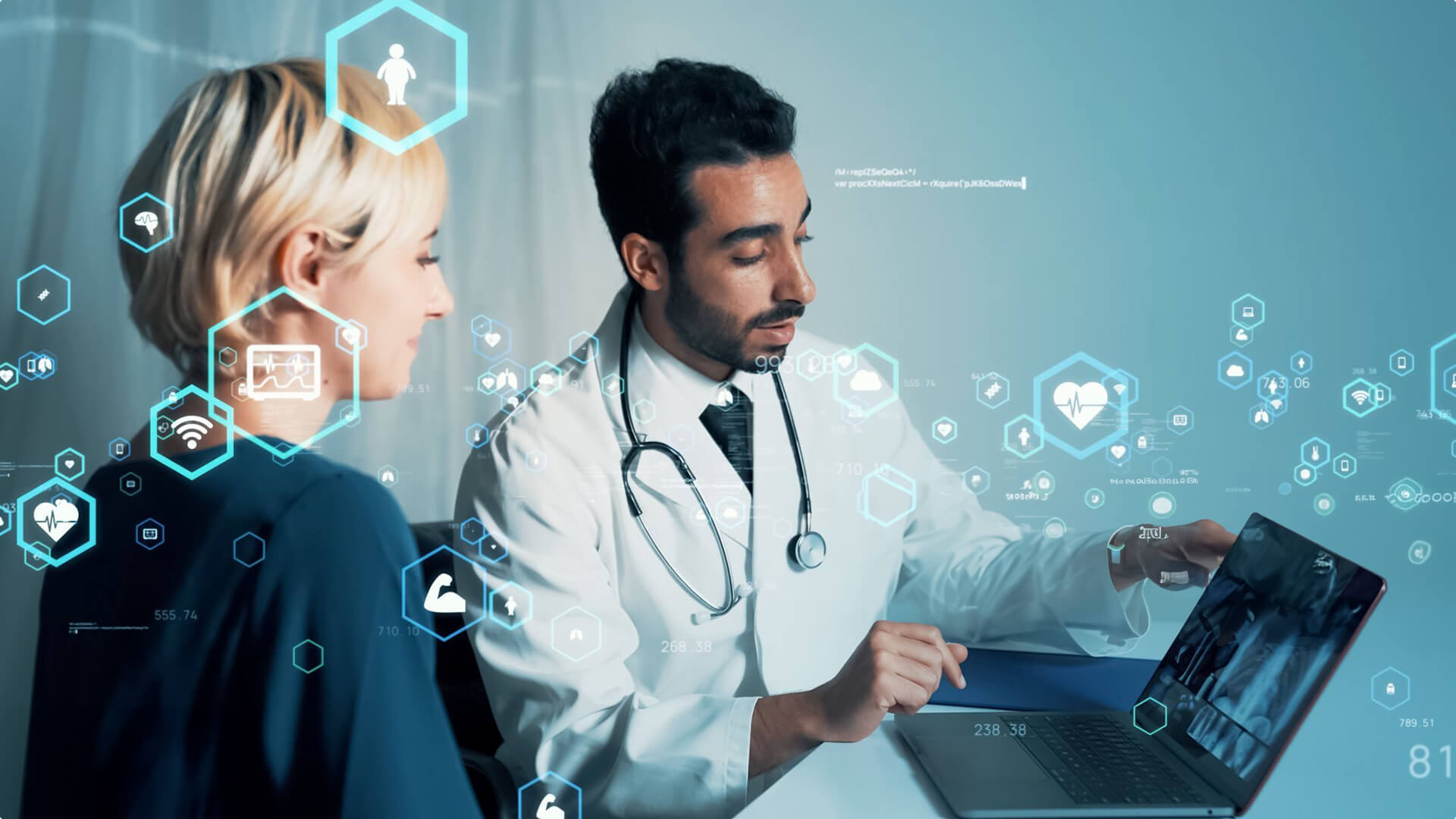
Looking ahead, EMRs will likely become more interconnected with the latest technological innovations. The fusion of EMRs with telehealth services, real-time health tracking devices, and even genomics opens up possibilities for a more holistic approach to patient care.
This integration is expected to facilitate a seamless flow of health information, transcending traditional healthcare settings and fostering a more connected and efficient healthcare ecosystem.
Artificial Intelligence (AI) stands to revolutionize the role of EMRs in healthcare. By leveraging AI for predictive analytics, EMRs could serve not just as static records but as dynamic tools that offer actionable insights into patient health.
AI’s ability to sift through and make sense of large datasets can help in early disease detection, personalized treatment regimens, and in anticipating public health trends. This proactive use of EMRs could significantly enhance patient outcomes and pave the way for a more anticipatory approach to healthcare.
Electronic Medical Records (EMRs) have fundamentally transformed healthcare, providing a myriad of benefits that span from immediate access to patient histories to facilitating long-term medical research. They have not only streamlined administrative processes but have also become pivotal in enhancing patient care, ensuring data security, and empowering patients in their healthcare journeys.
As EMRs continue to synergize with emerging technologies like AI and predictive analytics, their potential to reshape the healthcare landscape grows ever more promising. Looking to the future, the continued evolution of EMRs is set to drive a more proactive, personalized, and efficient healthcare system.

December 9 2023
8 min read

December 4 2023
8 min read
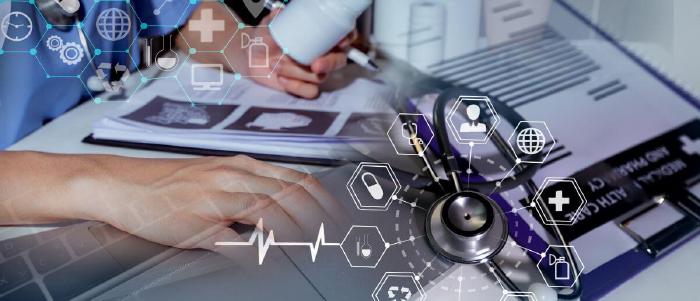
November 30 2023
8 min read
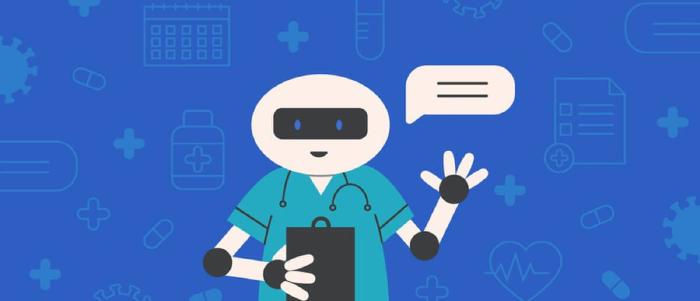
November 22 2023
8 min read